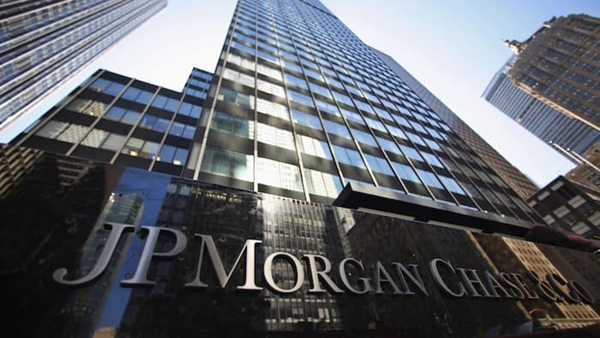|
Shareholder activism
Top US financial groups hold secret
summits on long-termism
Dimon and Buffett lead move on
governance to cut investor friction
|

© Reuters |
[February
1, 2016]
by:
Stephen Foley and
Ben McLannahan in New York
The world’s
largest asset managers have held secret summit meetings to hammer out
proposals for improving public company governance to encourage
longer-term investment and reduce friction with shareholders.
Jamie Dimon, chief
executive of JPMorgan Chase, and Warren Buffett convened the sessions
with the heads of BlackRock, Fidelity, Vanguard and Capital Group to
work on a new statement of best practice that would cover the
relationship between US companies and their investors.
The unusual
collaboration comes at a time of
rising shareholder activism and a raging debate about whether
public markets demand short-term profits at the expense of long-term
investment.
In recent years,
some private companies have shunned early public listings, and
technology bosses such as
Michael Dell have argued that equity markets are too focused on
short-term gains. Some large technology groups have also gone public
with dual-class share structures that limit shareholder rights in an
effort to minimise the influence of activist hedge funds.
The asset
management bosses, including Abby Johnson of Fidelity, Larry Fink of
BlackRock and Tim Armour of Capital Group, met most recently at
JPMorgan’s New York headquarters in December, the Financial Times has
learnt, following a first meeting in August.
The group is
discussing a statement of best practice on corporate governance.
Discussions have focused on issues such as the role of board
directors, executive compensation, board tenure and shareholder
rights, all of which have been flashpoints at US annual meetings.
Mr Dimon, in
particular, has reason to hope for a rapprochement between boards and
long-term shareholders. He has faced personal criticism for combining
the role of chairman and chief executive at JPMorgan, and at the
company’s last two
annual meetings, more than a third of its shareholders voted that
he should split the roles.
As well as being a
major player in capital markets, JPMorgan also has an asset management
arm that is one of the US equity market’s largest investors, with
$1.7tn in assets. Mr Buffett, a long-time friend of Mr Dimon, has
eschewed many corporate governance norms at his company, Berkshire
Hathaway.
Other contributors
to the initiative are understood to include Mark Wiseman of the Canada
Pension Plan Investment Board and Jeff Ubben of ValueAct, an activist
hedge fund manager.
No participants
agreed to be quoted on the initiative, which is not expected to come
to fruition for several months. The asset managers hope to come up
with a list of best practices that they will support at the companies
they invest in.
The move comes
amid a debate on shareholder rights and responsibilities and on the
balance of power between investors, boards and management. Activist
hedge funds with more than $100bn in assets have used their muscle to
demand board changes and push companies to increase returns to
shareholders, often through share buybacks.
The largest
companies typically face a half-dozen or more votes from dissident
shareholders at each annual meeting, on topics ranging from executive
compensation to environmental policies and political lobbying.
An increasing
number of US companies have also agreed this year to offer long-term
shareholders the right to nominate their own candidates for board
directors.
The
volume of initial public offerings tumbled 42 per cent in the US last
year despite the growing economy, as companies sought investors —
including some traditional public markets investors — who were willing
to buy shares even while they remained private.
Copyright The Financial Times Limited 2016. |